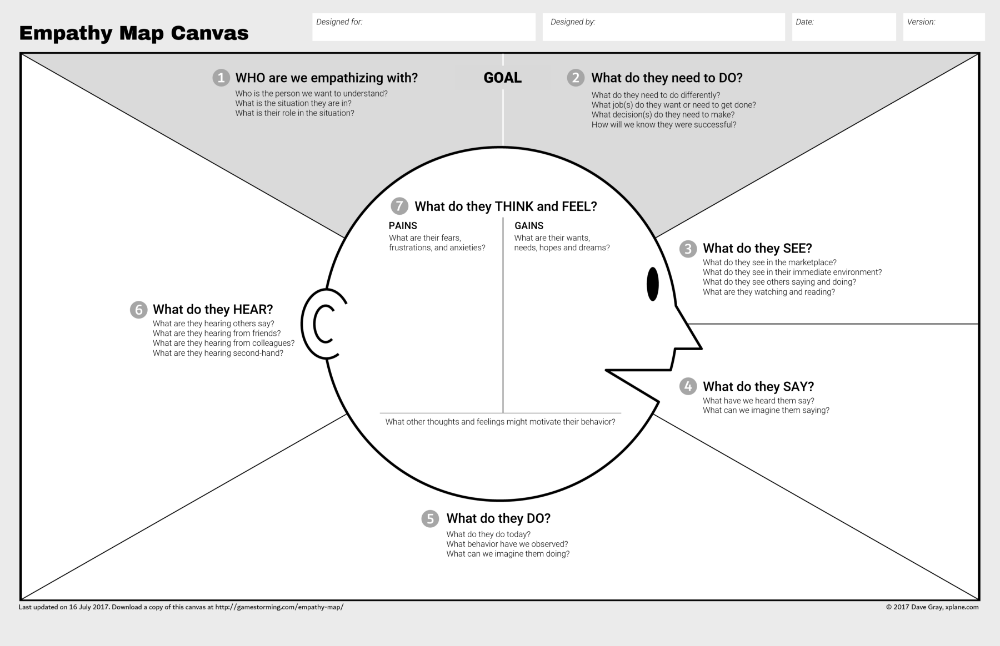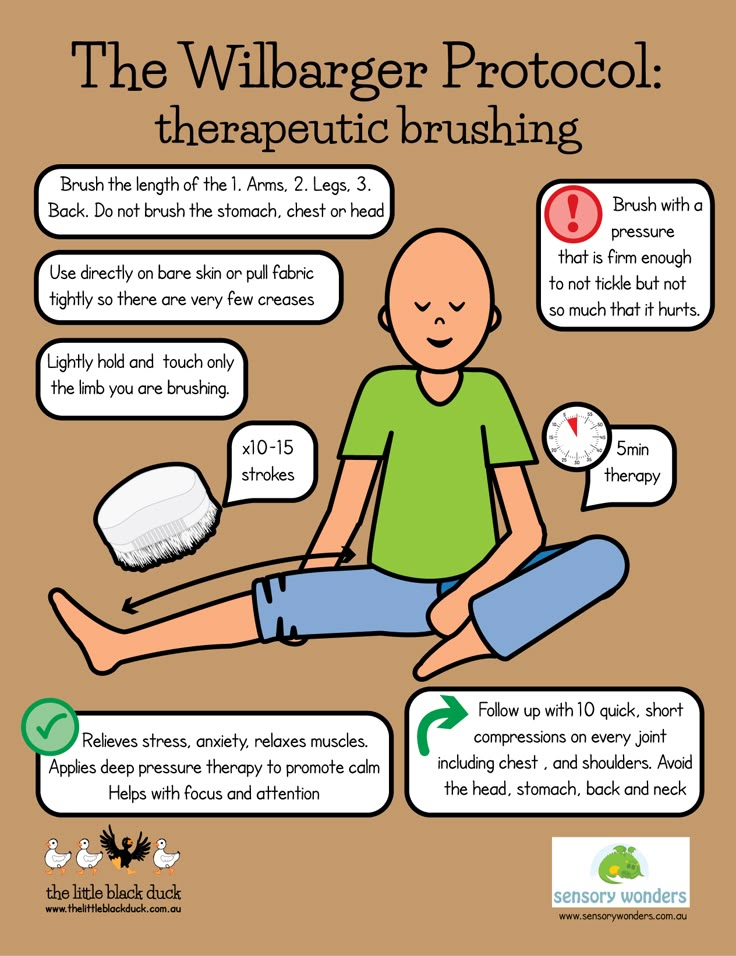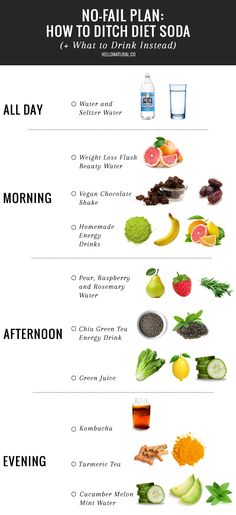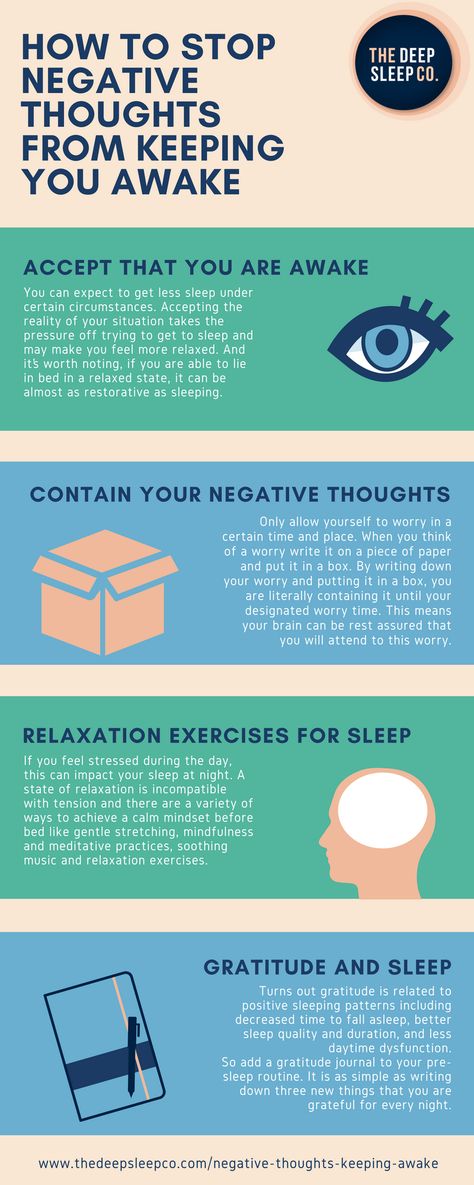Pros and cons of ssris
Understanding the Pros and Cons of Antidepressants
Some have strong opinions about antidepressants and whether they should be taken, concerned about side effects, psychological dependence, or addiction. Yet, many people find antidepressants can help them through different phases of depression and help them better cope.
Deciding to use an antidepressant as a treatment option is a personal decision involving a collaborative effort with your doctor. Doing your research, learning more about antidepressants, and talking with your doctor can help you make a choice that is right for you.
Antidepressants are medications used to treat depression. They have effects on neurotransmitters, reduce the biological impact of stress on the brain, reduce neuroinflammation – inflammation in the brain or spinal cord, and increase the brain’s capacity to deal with future stress.
They don’t work immediately; it may take a few weeks for you to feel the effects. There are different kinds of antidepressants, and you might have to try more than one before finding the one that is right for you.
Common classes of antidepressants used to help treat depression include:
- selective serotonin reuptake inhibitors (SSRIs)
- serotonin and norepinephrine reuptake inhibitors (SNRIs)
- tricyclic antidepressants
- dopamine reuptake blocker
- 5-HT1A receptor antagonists
- 5-HT2 receptor antagonists
- 5HT-3 receptor antagonists
- monoamine oxidase inhibitors (MAOIs)
- noradrenergic antagonist
There are also atypical antidepressants, as well as natural supplements that may help boost the therapeutic effects of antidepressants.
There are many benefits to taking antidepressants. Being aware of these benefits can help you make an informed decision.
They are effective at relieving symptoms
Antidepressants have been found to be more effective than placebo in treating major depression in adults, though they usaully take a few weeks to reach their full effect, and you might have to try more than one to find the most effective antidepressant for you.
They are well-studied and generally safe
Antidepressants have all been approved by the Food and Drug Administration (FDA). This means they have gone through rigorous testing and clinical trials.
They can help you succeed with other parts of your treatment plan
Your treatment plan can involve a variety of things, including things like performing basic self-care tasks. If your depression makes you apathetic and lethargic, antidepressants can help restore your energy so you can do everyday activities, participate in therapy, and other items on your treatment plan.
Improved quality of life
In addition to mood benefits, people on antidepressants report an improved quality of life: they are less reactive to negative life events, they can examine things in a more balanced way, and they can concentrate better.
Finding a doctor if you think you need antidepressants
Finding treatment for depression is a big step and isn’t always easy. If you think you need antidepressants, a healthcare professional can do screenings and talk about your symptoms with you to evaluate your situation.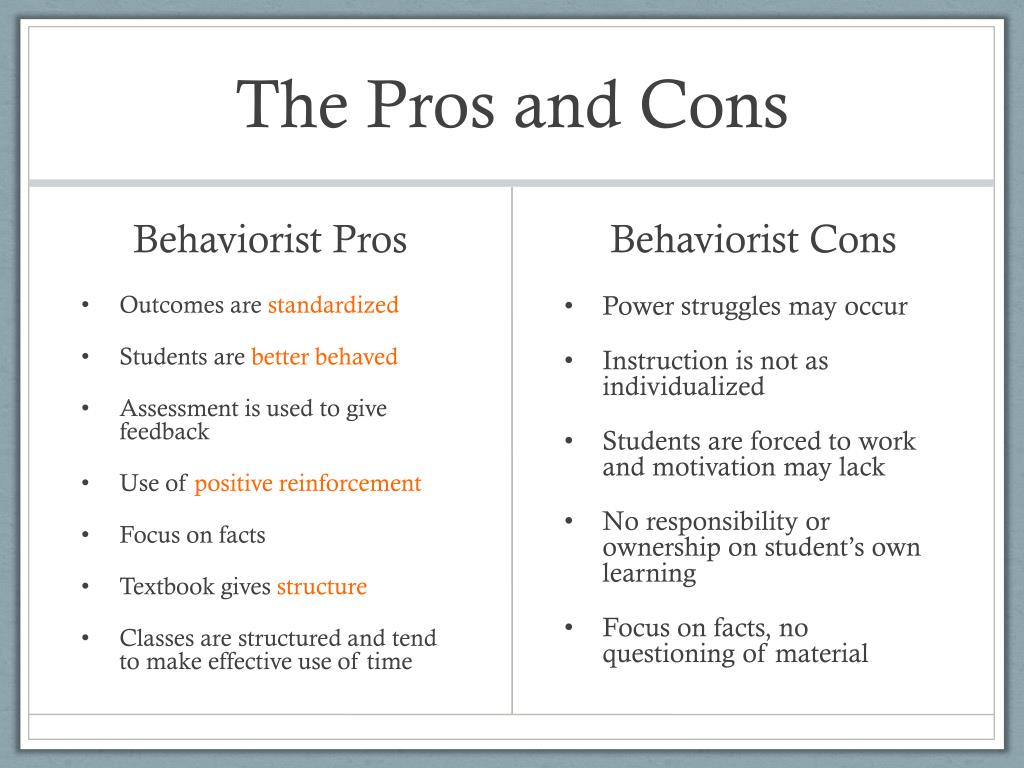
- Talk with your primary care provider. They can screen for depression, and some prescribe antidepressants. Others may prescribe them and refer you to a counselor for talk therapy as well.
- Ask your doctor for a referral to a psychiatrist. This is especially important if your depression is severe or you have other medical or mental health conditions.
If you don’t have a primary care provider, there are many organizations that can help you find a psychiatrist or mental health professional near you. Here are a few:
- American Psychiatric Association’s (APA) Find a Psychiatrist search
- Substance Abuse and Mental Health Services Administration helpline
- Anxiety & Depression Association of America Find a Therapist Directory
- Black Mental Health Alliance’s Connect with a Therapist search
- American Society of Hispanic Psychiatry’s Find a Physician search
- World Professional Association for Transgender Health’s (WPATH) provider directory
As with any medication, there can be cons to taking antidepressants.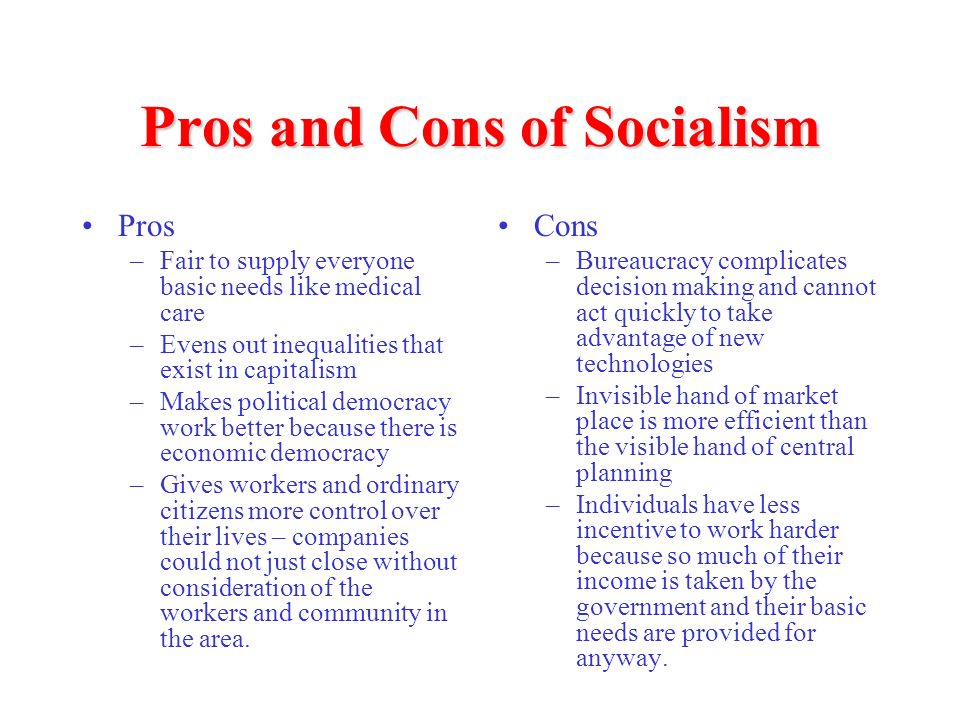 These may be different for each person, but being aware of them can help you prepare. Talking with your doctor about any of the drawbacks can help you reassess your medication. In this discussion, the cons must be compared with the pros.
These may be different for each person, but being aware of them can help you prepare. Talking with your doctor about any of the drawbacks can help you reassess your medication. In this discussion, the cons must be compared with the pros.
You may need to try several to find the right one for you
Not every antidepressant will work for every person. You might have to switch more than once to find the best medication for you and your symptoms.
They may affect your sex drive
Antidepressants may reduce your sex drive or sexual functioning. Some antidepressants are more likely than others to have sexual side effects. About 1 in 5 adults in the US experiences sexual side effects due to antidepressants. This can include delayed lubrication, delayed or blocked orgasm, or trouble maintaining an erection. If the side effects are interfering with your relationship, ask your doctor about adjusting the dosage, or finding other ways to manage these side effects.
They can affect your sleep and/or your weight
Although disrupted sleep is a common complaint of people with depression, it is not usually clear whether it is a side effect of medication or a residual symptom of depression.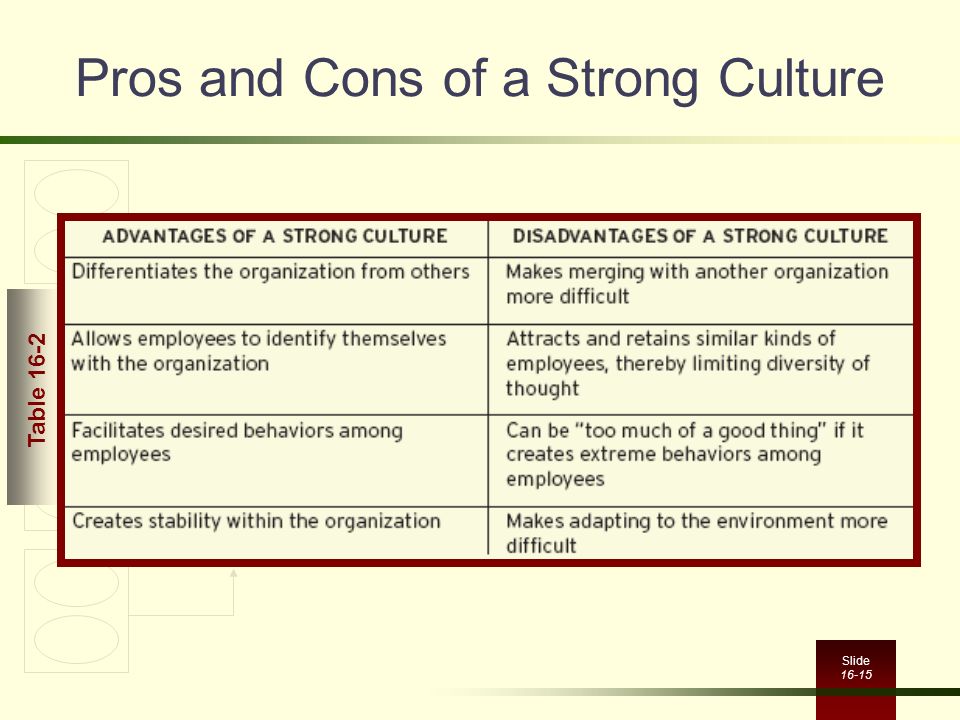 Overall, antidepressants may help normalize sleep over time. However, depending on the antidepressant, the dosage, and when you take it, antidepressants may contribute to insomnia, while others may be too sedating. If you have a sleep disorder, this can further affect sleep. If your antidepressant is interfering with sleep, talk with your doctor. The drug or dosage may need to be reviewed.
Overall, antidepressants may help normalize sleep over time. However, depending on the antidepressant, the dosage, and when you take it, antidepressants may contribute to insomnia, while others may be too sedating. If you have a sleep disorder, this can further affect sleep. If your antidepressant is interfering with sleep, talk with your doctor. The drug or dosage may need to be reviewed.
Some antidepressants list weight gain as a side effect. Everyone is different and responds to medications differently. Sometimes the reason for weight gain is because daily activities like making meals or going out with friends are occurring again and involve food. An improved mood can increase your appetite as well. Other antidepressants carry a lower risk of weight gain. As a whole, the potential for weight gain should not be a factor in your decision about antidepressants.
They may be costly
Even with insurance and generic prescriptions, the medication might still be financially difficult for some people.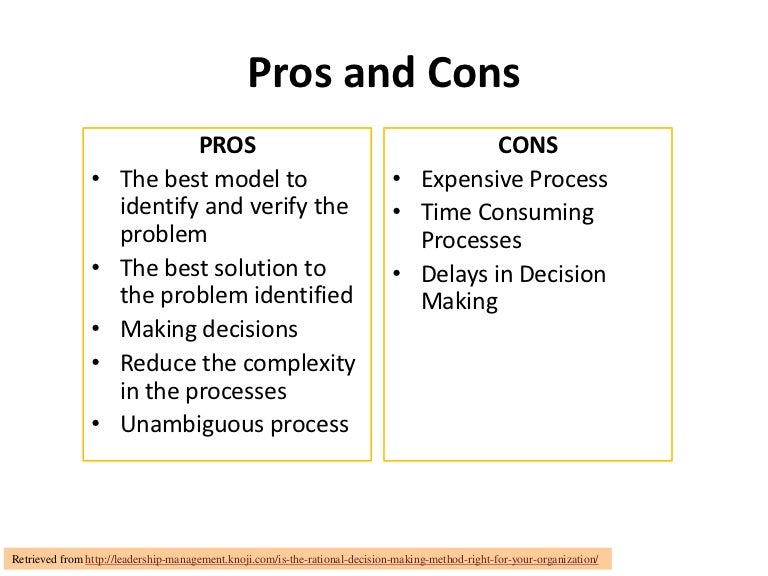 Although prescription cost is governed by your insurance provider and plan, it may be useful to work with your doctor to see if the doctor needs to provide an authorization request to your insurance company, help you find a more affordable option, or provide you with samples or coupons they can give you.
Although prescription cost is governed by your insurance provider and plan, it may be useful to work with your doctor to see if the doctor needs to provide an authorization request to your insurance company, help you find a more affordable option, or provide you with samples or coupons they can give you.
They may have side effects
Side effects can be annoying, especially at first, like dry mouth, fatigue, nausea, or headache. The good news is that these minor side effects tend to pass within a few weeks. If you continue to have side effects or there are other significant side effects that don’t go away, talk with your doctor.
If you choose to stop, you can’t stop abruptly
If you decide to stop taking antidepressants, abrupt stopping is not recommended, as withdrawal symptoms can occur. Don’t stop taking your medication until you’ve talked with your doctor. They might put you on a tapering plan or switch you to a new medication. They can also monitor you for any withdrawal symptoms.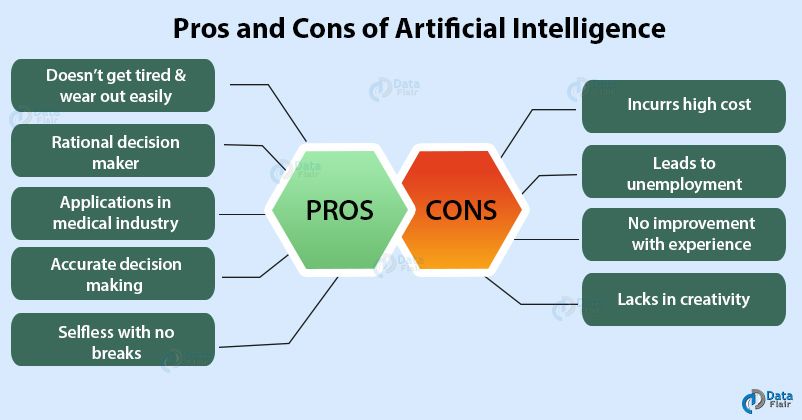
Antidepressants are generally a safe and effective treatment option for depression. There are various classes of antidepressants, and different drugs within each class. Finding the right one for you can take time, and you might have to try more than one before you find the medication that works best for you.
Understanding the Pros and Cons of Antidepressants
Some have strong opinions about antidepressants and whether they should be taken, concerned about side effects, psychological dependence, or addiction. Yet, many people find antidepressants can help them through different phases of depression and help them better cope.
Deciding to use an antidepressant as a treatment option is a personal decision involving a collaborative effort with your doctor. Doing your research, learning more about antidepressants, and talking with your doctor can help you make a choice that is right for you.
Antidepressants are medications used to treat depression. They have effects on neurotransmitters, reduce the biological impact of stress on the brain, reduce neuroinflammation – inflammation in the brain or spinal cord, and increase the brain’s capacity to deal with future stress.
They don’t work immediately; it may take a few weeks for you to feel the effects. There are different kinds of antidepressants, and you might have to try more than one before finding the one that is right for you.
Common classes of antidepressants used to help treat depression include:
- selective serotonin reuptake inhibitors (SSRIs)
- serotonin and norepinephrine reuptake inhibitors (SNRIs)
- tricyclic antidepressants
- dopamine reuptake blocker
- 5-HT1A receptor antagonists
- 5-HT2 receptor antagonists
- 5HT-3 receptor antagonists
- monoamine oxidase inhibitors (MAOIs)
- noradrenergic antagonist
There are also atypical antidepressants, as well as natural supplements that may help boost the therapeutic effects of antidepressants.
There are many benefits to taking antidepressants. Being aware of these benefits can help you make an informed decision.
They are effective at relieving symptoms
Antidepressants have been found to be more effective than placebo in treating major depression in adults, though they usaully take a few weeks to reach their full effect, and you might have to try more than one to find the most effective antidepressant for you.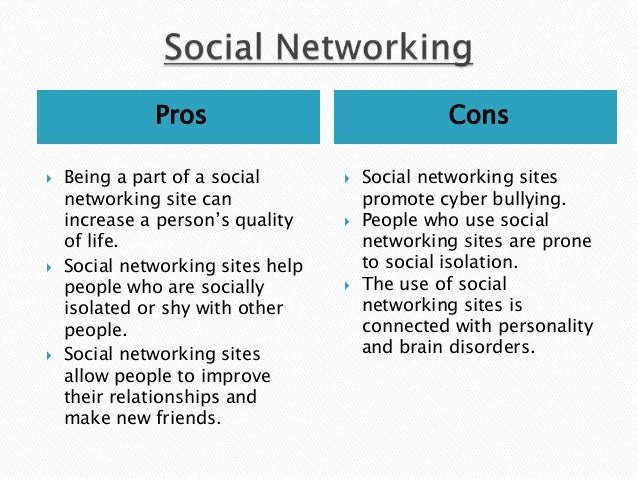
They are well-studied and generally safe
Antidepressants have all been approved by the Food and Drug Administration (FDA). This means they have gone through rigorous testing and clinical trials.
They can help you succeed with other parts of your treatment plan
Your treatment plan can involve a variety of things, including things like performing basic self-care tasks. If your depression makes you apathetic and lethargic, antidepressants can help restore your energy so you can do everyday activities, participate in therapy, and other items on your treatment plan.
Improved quality of life
In addition to mood benefits, people on antidepressants report an improved quality of life: they are less reactive to negative life events, they can examine things in a more balanced way, and they can concentrate better.
Finding a doctor if you think you need antidepressants
Finding treatment for depression is a big step and isn’t always easy. If you think you need antidepressants, a healthcare professional can do screenings and talk about your symptoms with you to evaluate your situation.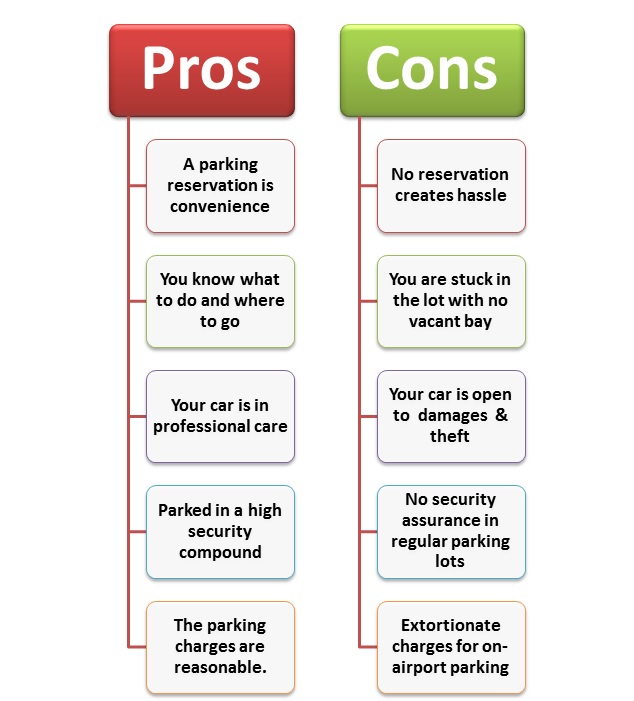
- Talk with your primary care provider. They can screen for depression, and some prescribe antidepressants. Others may prescribe them and refer you to a counselor for talk therapy as well.
- Ask your doctor for a referral to a psychiatrist. This is especially important if your depression is severe or you have other medical or mental health conditions.
If you don’t have a primary care provider, there are many organizations that can help you find a psychiatrist or mental health professional near you. Here are a few:
- American Psychiatric Association’s (APA) Find a Psychiatrist search
- Substance Abuse and Mental Health Services Administration helpline
- Anxiety & Depression Association of America Find a Therapist Directory
- Black Mental Health Alliance’s Connect with a Therapist search
- American Society of Hispanic Psychiatry’s Find a Physician search
- World Professional Association for Transgender Health’s (WPATH) provider directory
As with any medication, there can be cons to taking antidepressants.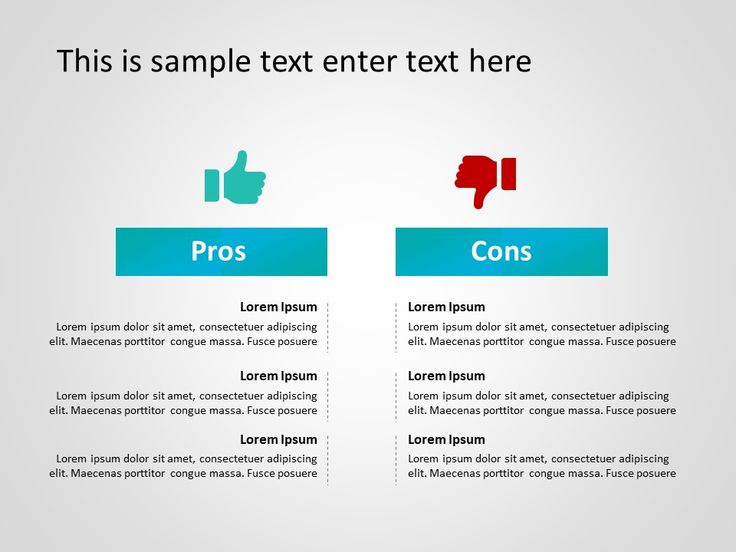 These may be different for each person, but being aware of them can help you prepare. Talking with your doctor about any of the drawbacks can help you reassess your medication. In this discussion, the cons must be compared with the pros.
These may be different for each person, but being aware of them can help you prepare. Talking with your doctor about any of the drawbacks can help you reassess your medication. In this discussion, the cons must be compared with the pros.
You may need to try several to find the right one for you
Not every antidepressant will work for every person. You might have to switch more than once to find the best medication for you and your symptoms.
They may affect your sex drive
Antidepressants may reduce your sex drive or sexual functioning. Some antidepressants are more likely than others to have sexual side effects. About 1 in 5 adults in the US experiences sexual side effects due to antidepressants. This can include delayed lubrication, delayed or blocked orgasm, or trouble maintaining an erection. If the side effects are interfering with your relationship, ask your doctor about adjusting the dosage, or finding other ways to manage these side effects.
They can affect your sleep and/or your weight
Although disrupted sleep is a common complaint of people with depression, it is not usually clear whether it is a side effect of medication or a residual symptom of depression. Overall, antidepressants may help normalize sleep over time. However, depending on the antidepressant, the dosage, and when you take it, antidepressants may contribute to insomnia, while others may be too sedating. If you have a sleep disorder, this can further affect sleep. If your antidepressant is interfering with sleep, talk with your doctor. The drug or dosage may need to be reviewed.
Overall, antidepressants may help normalize sleep over time. However, depending on the antidepressant, the dosage, and when you take it, antidepressants may contribute to insomnia, while others may be too sedating. If you have a sleep disorder, this can further affect sleep. If your antidepressant is interfering with sleep, talk with your doctor. The drug or dosage may need to be reviewed.
Some antidepressants list weight gain as a side effect. Everyone is different and responds to medications differently. Sometimes the reason for weight gain is because daily activities like making meals or going out with friends are occurring again and involve food. An improved mood can increase your appetite as well. Other antidepressants carry a lower risk of weight gain. As a whole, the potential for weight gain should not be a factor in your decision about antidepressants.
They may be costly
Even with insurance and generic prescriptions, the medication might still be financially difficult for some people.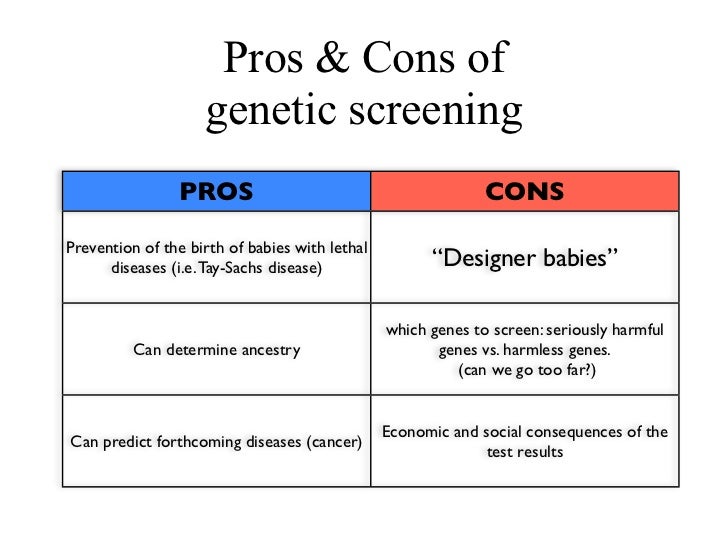 Although prescription cost is governed by your insurance provider and plan, it may be useful to work with your doctor to see if the doctor needs to provide an authorization request to your insurance company, help you find a more affordable option, or provide you with samples or coupons they can give you.
Although prescription cost is governed by your insurance provider and plan, it may be useful to work with your doctor to see if the doctor needs to provide an authorization request to your insurance company, help you find a more affordable option, or provide you with samples or coupons they can give you.
They may have side effects
Side effects can be annoying, especially at first, like dry mouth, fatigue, nausea, or headache. The good news is that these minor side effects tend to pass within a few weeks. If you continue to have side effects or there are other significant side effects that don’t go away, talk with your doctor.
If you choose to stop, you can’t stop abruptly
If you decide to stop taking antidepressants, abrupt stopping is not recommended, as withdrawal symptoms can occur. Don’t stop taking your medication until you’ve talked with your doctor. They might put you on a tapering plan or switch you to a new medication. They can also monitor you for any withdrawal symptoms.
Antidepressants are generally a safe and effective treatment option for depression. There are various classes of antidepressants, and different drugs within each class. Finding the right one for you can take time, and you might have to try more than one before you find the medication that works best for you.
How Prozac Made the World Love Depression — Bird In Flight
At the end of the 20th century, Prozac helped humanity cope with one of the most difficult diseases of our time - depression. But at the same time, he created a cult out of the disease. Bird in Flight tells the story of the rise and fall of the happiness pill.
The diagnosis of "clinical depression" began a century and a half ago, today it is already the second most common in the world. This disorder affects about 300 million people. One in six people with severe depression is at risk of committing suicide. Despite the complexity of the disease, it is now not considered incurable, and for this we should be grateful to Prozac, a drug that has changed the idea of depression.![]() nine0003
nine0003
An incurable disease
For a long time, medicine did not know how to help people with depression: in the Middle Ages, it was treated with prayers, in the Renaissance, with vegetarianism. Only in the 19th century did doctors realize that the main cause of depression was a malfunction in the nervous system. Patients were prescribed stimulant psychoactive substances such as alcohol, opium, cocaine, and eventually sedative barbiturates. They did not cure the disease, but only temporarily relieved the symptoms, while causing addiction. nine0003
Accidental discovery
A breakthrough in the fight against depression occurred in the early 1950s, when a drug for tuberculosis, iprovizid, was being studied in the United States. The medicine coped with its task poorly, but it was found to have an unusual side effect: after taking it, appetite returned to tuberculosis patients, their mood improved. As the doctors recalled, "the patients danced despite the holes in their lungs.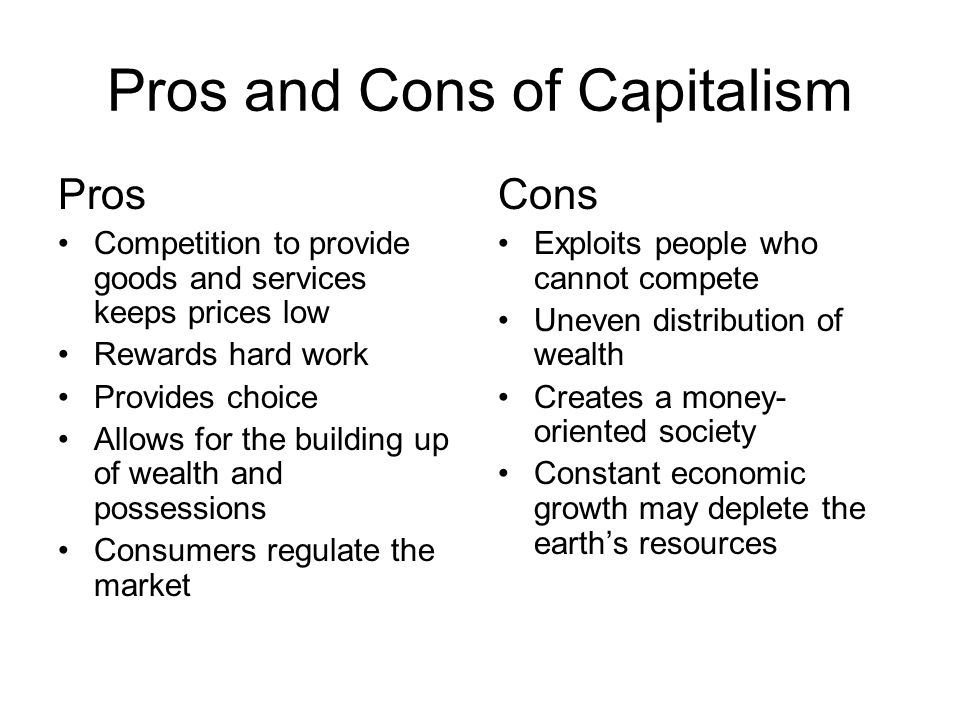 " Psychiatrists who undertook to study iprovisid confirmed its psychoactive properties. Thus, a new class of drugs appeared - antidepressants. nine0003
" Psychiatrists who undertook to study iprovisid confirmed its psychoactive properties. Thus, a new class of drugs appeared - antidepressants. nine0003
The first such drugs were very toxic and had many side effects. Patients taking them suffered from heart problems, excess weight and slow reflexes. However, the medications did not help everyone.
The first antidepressants had many side effects. Patients taking them suffered from heart problems, excess weight and slow reflexes.
In the early 1970s, a number of pharmaceutical companies began to develop a new generation of depression drugs that would not have these unpleasant side effects. Its discoverer was David T. Wong, a researcher at the American pharmaceutical company Eli Lilly. For a long time, Wong studied the mechanisms of reuptake of serotonin, a neurotransmitter responsible, among other things, for the emotional background of a person. The researcher's task was to find a substance that would prevent the absorption of serotonin by brain neurons. It was opened at 1972, the substance was named fluoxetine.
It was opened at 1972, the substance was named fluoxetine.
Unlike the older antidepressants, which, like weapons of mass destruction, acted on all neurotransmitters at once, fluoxetine worked selectively. Patients could no longer be afraid of lethargy; the problem of side effects seemed to be solved.
"Prozac: wash away your blues!" Source: Tumblr / Adbusters
Killer marketing
Another advantage of the new drug was that, in addition to reuptake, it also blocked the uptake of norepinephrine, that is, it acted as a stimulant on the nervous system. So Eli Lilly made the right decision to sell fluoxetine not as an antidepressant but as a mood booster. The company wanted customers not to think about taking the medicine. Fluoxetine was supposed to be associated with energy and vivacity, so the first step in its promotion was a name change. This task was entrusted to Interbrand, whose clients included Sony, Microsoft and Nintendo. Thanks to her, fluoxetine became Prozac.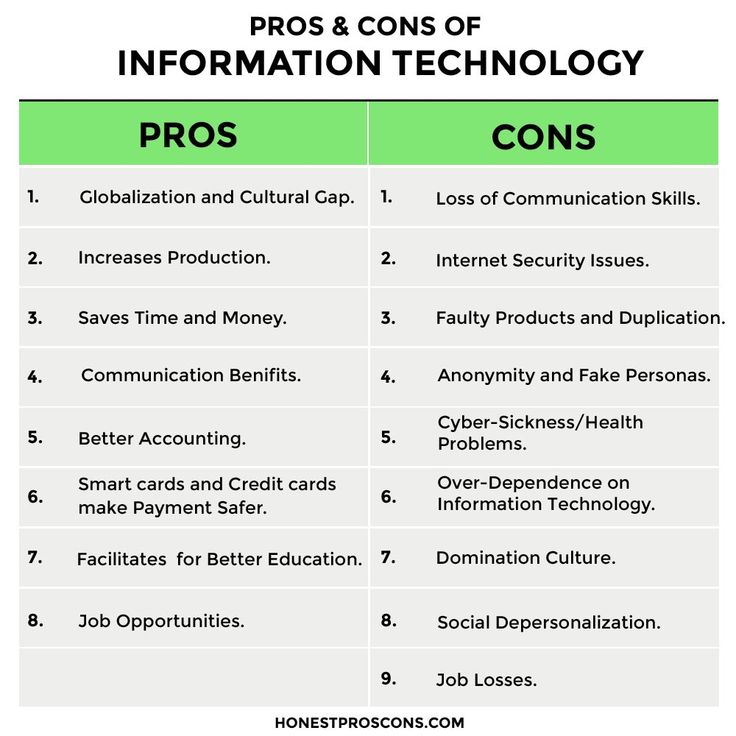 nine0003
nine0003
Eli Lilly introduced the drug to the US Food and Drug Administration in the late 1970s. Consideration of the application stretched for ten years. Department officials were embarrassed that Prozac had a stimulant rather than a sedative property. Despite this, it was still approved, and in December 1987 the drug entered the market.
Cult of Sorrow and Joy
In its first year, Prozac sold $350 million in the US and $2.6 billion worldwide. The drug finally convinced humanity that depression is not a sentence, as previously thought, and happiness is not an abstract concept, but a state that can be achieved with the help of pills. nine0003
"Prozac" finally convinced humanity that depression is not a sentence, as previously thought, and happiness can be achieved with the help of pills.
The popularity of the medicine was also supported by media attention. So, on December 18, 1989, New York Magazine came out with Prozac pills on the cover. The headline was "Buy-Buy Blues." After that, almost all the major magazines of that time wrote about the pills.
The headline was "Buy-Buy Blues." After that, almost all the major magazines of that time wrote about the pills.
Eli Lilly's marketing idea worked. The Americans perceived the drug as an energy drink, after drinking which one could become more productive. It seemed that the whole country fell in love with the medicine, including doctors. At 19In 1993, psychiatrist Peter Kramer published Listening to Prozac, which became a New York Times bestseller. In it, the author suggested that the drug not only allows you to cope with depression, but also can make a mediocre person more bright, a shy person more open and sociable, and an ambitious employee can help climb the career ladder. After the publication of the book, sales of the pills increased another 15%.
Shot from the movie Prozac Nation (2001) / Miramax / Album
The peak of Prozac's popularity came in the 90s - comedians and writers started talking about the drug. “When do the holidays start in New York? When drug dealers start selling more Prozac than crack" - this joke was made on the evening show with David Letterman in 1994.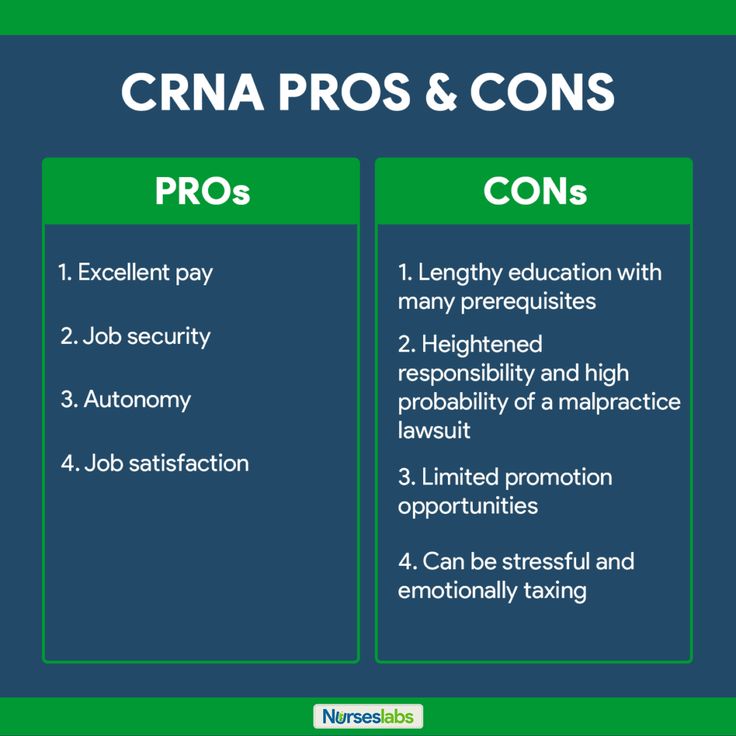 In the same year, writer Elisabeth Wurzel published Prozac Nation, a book about her experience of dealing with clinical depression. Wurzel's work is considered one of the examples of the romanticization of the image not only of Prozac, but of antidepressants in general. nine0003
In the same year, writer Elisabeth Wurzel published Prozac Nation, a book about her experience of dealing with clinical depression. Wurzel's work is considered one of the examples of the romanticization of the image not only of Prozac, but of antidepressants in general. nine0003
Prozac has made its way into music as well. In 1996, the rock group Mr. T Experience released the song That Prozac Moment, in which the effect of taking the drug was compared to a moment of fleeting happiness, when you can forget about everything. Also, the drug is mentioned in the compositions of Aerosmith, Pixies, Red Hot Chili Peppers, Neil Diamond, Nick Cave and other artists.
Love no matter what
When INXS lead singer Michael Hutchence took his own life in 1997, the media wrote that Prozac killed the star. The musician's case was one of several dozen suicide cases that swept across the United States, all of which were associated with the use of fluoxetine. Eli Lilly started getting lawsuits. Later it turned out that the company knew that the drug could increase the risk of suicide even at the stage of clinical trials. It was especially dangerous for teenagers. nine0003
Eli Lilly started getting lawsuits. Later it turned out that the company knew that the drug could increase the risk of suicide even at the stage of clinical trials. It was especially dangerous for teenagers. nine0003
How could a pill designed to treat depression cause people to commit suicide? It was assumed that suicidal thoughts were in patients who committed suicide even before the start of the drug, but due to depression they lacked the strength to realize their plans. Prozac just became a source of energy. Defenders of the drug argued that it was not the drug that was responsible for the deaths, but the disease. However, according to The Guardian, the drug can cause suicidal thoughts in people who do not suffer from depression. nine0003
The fact that the drug can increase the risk of suicide, the company knew even at the stage of clinical trials.
When Eli Lilly's patent for Prozac expired in 2001, fluoxetine-based competitor products filled the market. The side effects of the new generation of antidepressants were even less. However, even today, Prozac, along with them, remains one of the most effective means to combat depression.
The side effects of the new generation of antidepressants were even less. However, even today, Prozac, along with them, remains one of the most effective means to combat depression.
The drug scandals have made the medical community and the media more critical of antidepressants—they are no longer considered a panacea. In 2008, a study was published proving that drugs for depression are effective in severe manifestations of the disease, but in the lungs they are barely noticeable than placebo. The approaches of pharmaceutical companies to the promotion of antidepressants on the market were also subject to revision. The Guardian believes that manufacturers often do not publish the results of their research or, even worse, influence them. Often, companies use advertising to change the idea of the disease, convincing the public that even minor sleep disturbances and mood swings are a cause for concern. nine0003
However, the global antidepressant market is expected to surpass $18 billion by the end of 2024, with fluoxetine accounting for a significant portion of the profits.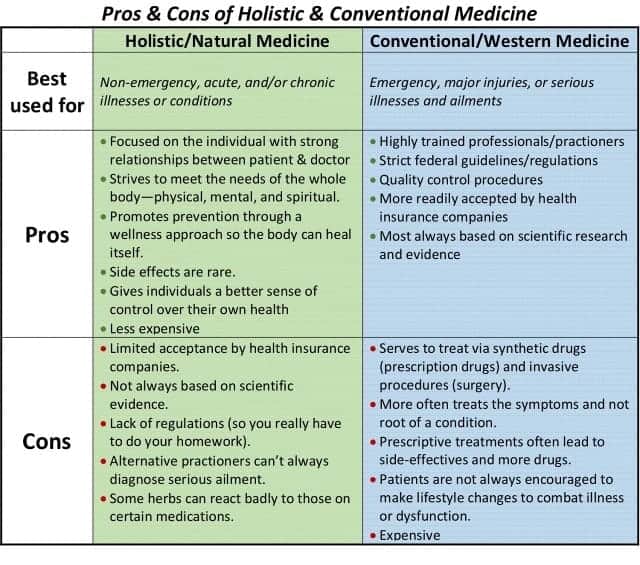 What makes these drugs so popular?
What makes these drugs so popular?
As Vladislav Dorofeev writes in his book "Great Medicines", this is a person's desire to get a simple and universal remedy for anxiety and loneliness. Modern people do not have time to delve into themselves.
Photo: Stephen Chernin / Getty Images North America / Getty Images via AFP
Not Found (#404)
hide menu
Issues of the current year
-
7-8 (136)
-
5-6 (135)
-
3-4 (134)
-
2 (133)
-
1 (132)
7-8 (136)
Contents of issue 7-8 (136), 2022
- nine0002
War Wikis: help in crisis situations
-
Ethical and legal problems of mental health: Ukraine at the focus of international respect
Yu.



